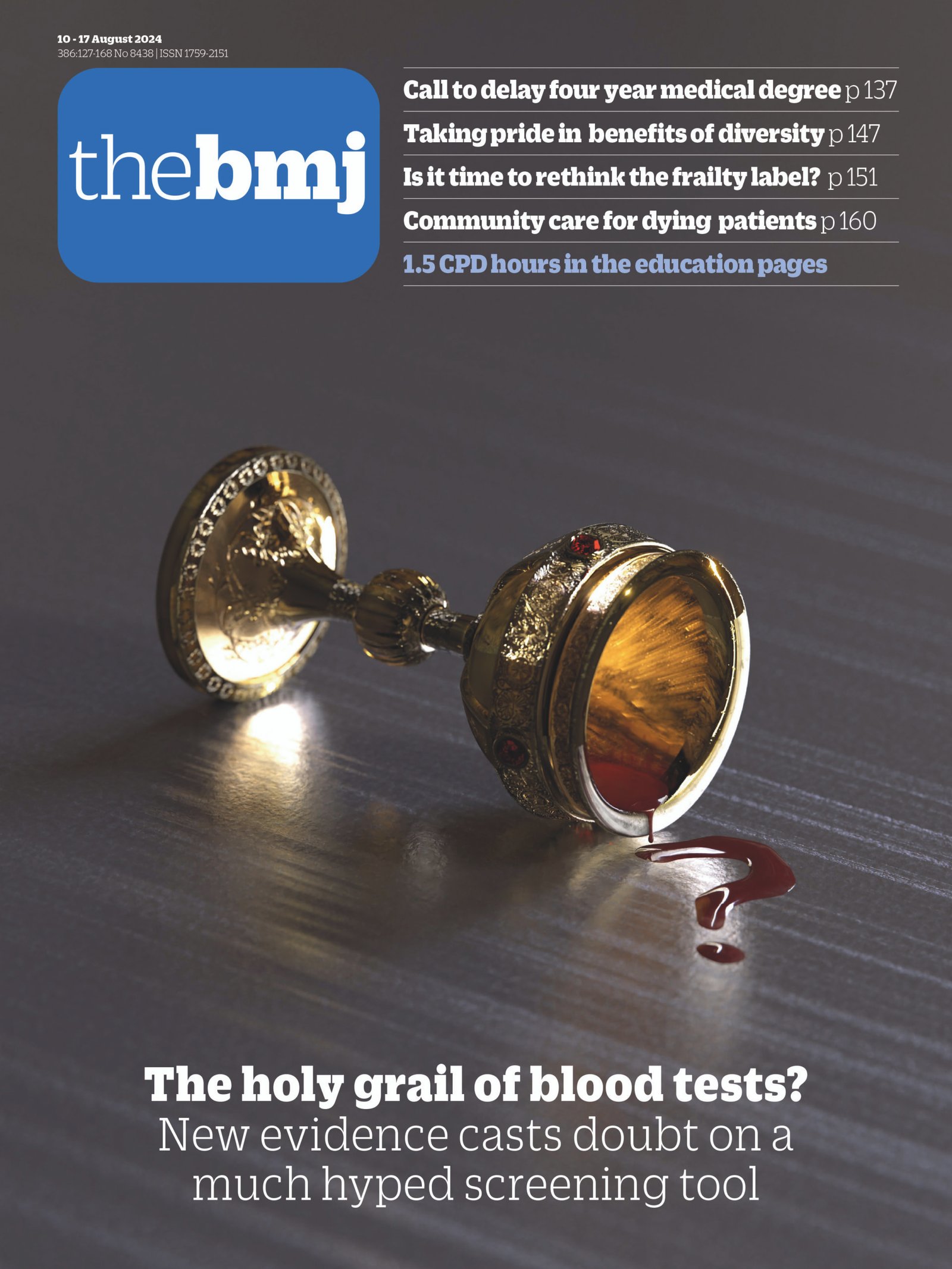
- Sebastian Walsh, NIHR doctoral fellow in public health medicine1,
- David Taylor-Robinson, W-H Duncan chair in health inequalities2,
- David Spiegelhalter, emeritus professor of statistics3,
- Carol Brayne, co-chair1
- 1Cambridge Public Health, University of Cambridge, Cambridge, UK
- 2Institute of Population Health, University of Liverpool, Liverpool, UK
- 3Centre for Mathematical Sciences, University of Cambridge, Cambridge, UK
- Correspondence to: S Walsh sjw261{at}cam.ac.uk
“Scientists advise, ministers decide.”1 The chief medical officer for England has repeated this phrase many times in recent years, including during the covid-19 pandemic inquiry, when explaining the role that scientists have in informing government policy. But medicine, and in particular public health medicine, has a long history of doing more than advising. “Medicine and politics cannot and should not be kept apart,” wrote Geoffrey Rose in the early 1990s.2 Further back still, 19th century physician Rudolph Virchow argued: “Politics is just medicine on a grand scale… physicians are the natural attorneys of the poor.”3 All doctors have a role, even a responsibility, to act as advocates for their patients and the health of the population.4
As the world recovers from the pandemic and faces up to grand challenges such as widening social and health inequalities, conflict, and climate change, the need for doctors to speak out is as great as it has ever been.5 But policy advocacy can be complex and, if done without due care and sensitivity, has the potential to damage public trust in the profession. In the urge to be trusted, it is easy to overlook the need to deserve that trust—by demonstrating trustworthiness (the ability to be relied on as honest, truthful, competent, and reliable6). Better training can help doctors to become effective advocates without damaging trust.
Value of doctors acting as health policy advocates
Policy development, including health policy, is a complex process which weighs up many considerations alongside the scientific evidence. These include political, ethical, cultural, and economic implications as well as public and media perceptions.7 The process is rarely rational, and compelling narratives can be more influential than the scientific evidence.89 When striving …







